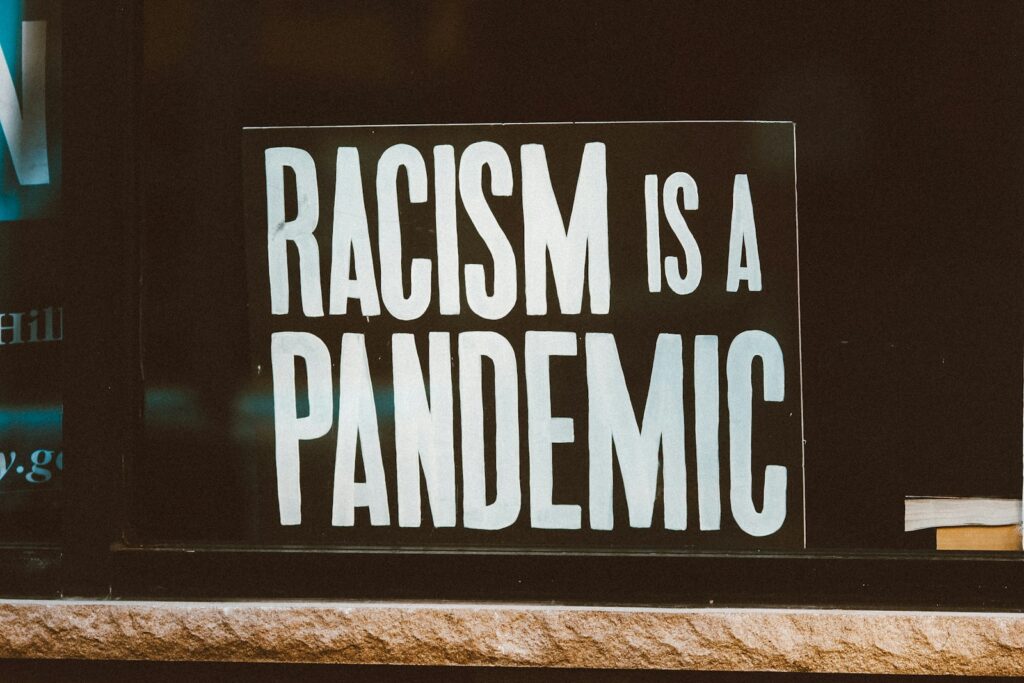A new American study examines how racist stigma can cause physical effects on the body as well as causing emotional upset.
Previous research has displayed racism to have psychosocial consequences which contribute to mental and physical disorders such as obesity, depression, and addiction. However, the affects it has on the body have remained unknown.
Experts at the University of California (UCLA) have analysed how racial discrimination triggers the brain to signal inflammation of the gut – a medical condition that is often caused by stress.
Researchers at UCLA discovered that past research, which looked at discrimination and illness, predominately compared black and white individuals, prompting them to explore the topic further.
The study, which was led by Tien S. Dong and Gilbert C. Gee, included 154 adults in LA who self-reported their race or ethnicity as Asian American, Black, Hispanic, or White. Participants completed questionnaires to assess experiences of discrimination.
In addition to asking people to record their experiences of racism, experts collected blood and stool samples to see how the body was reacting and discovered people’s gut had become inflamed.
However, the reasons for why people were being stigmatised, including race, age and sex, all had separate ways of targeting individuals biologically.
Tien S. Dong, PHD, said: ‘Our research suggests that for Black and Hispanic individuals, discrimination leads to changes that include increased systemic inflammation.
‘For Asian individuals, the patterns suggest [that] possible responses to discrimination include the production of multiple medical symptoms with no discernible known cause.
‘Among White individuals, discrimination was related to anxiety but not inflammation.’
Dr Dong concludes, ‘For all races, discrimination also had an increase in the emotional arousal and limbic regions of the brain, which are associated with the stress response of fight or flight.’
The work suggests that discrimination produces group-specific effects on certain biological pathways, providing a first-step toward understanding how social inequities become whole body experiences.
This study has been published in the Open Access Journal Biological Psychiatry.
Photo by James Eades

















Leave a Reply